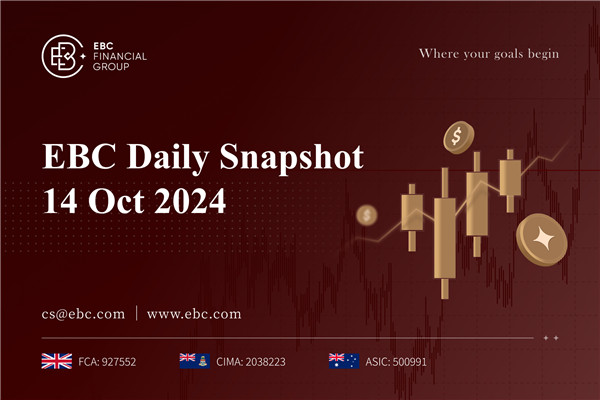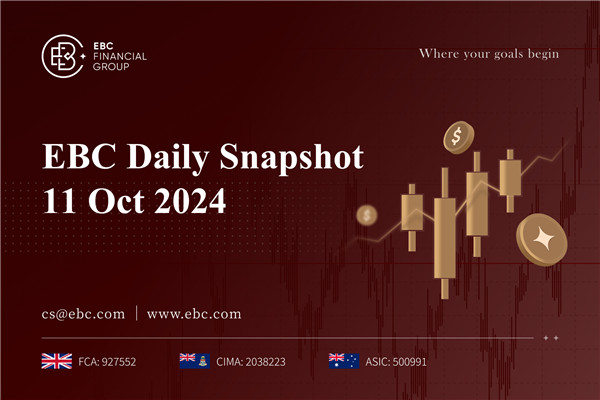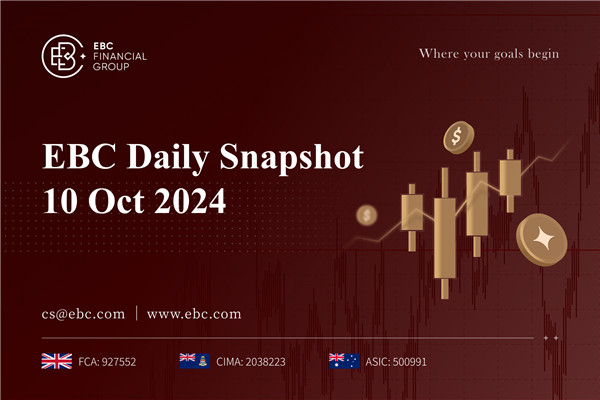The BOE held rates unchanged on Thursday just as the ECB and the Fed did
recently, though the worst inflationary upsurge in a generation still looks
gloomy.
High inflation will dog the world economy next year, with three-quarters of
over 200 economists polled by Reuters saying the main risk is that it turns out
higher than they forecast.
The survey followed a warning from Christine Lagarde warning that “even
having a discussion on a cut is totally, totally premature.” Jerome Powell also
said rate cuts were not on radar.
The ECB paused an unprecedented hiking cycle in which its main rate has risen
to a record 4%, from below 0% in July 2022, at its policy meeting last week.
Governing Council member Boris Vujcic said “we have finished with the process
of raising interest rates for now.” He expected inflation to hit the target by
2025.
But that was not an assurance that the hiking cycle has ended. Likewise, the
BOE did not rule out the option of another rise if there is evidence of more
price pressures.
Worse inflation
A bright spot is that inflation in the eurozone fell more sharply than
expected to 2.9% in October, down from 4.3% the previous month. That was the
slowest level in more than 2 years.
The core inflation remained above 4%. Mark Wall, chief European economist at
Deutsche Bank Research, said that the ECB “needs to see wage inflation slowing
and this could take a further six months.”
Some of the biggest money managers in Europe warned that the region is
particularly exposed to rising prices if the crisis in the Middle East escalates
as a net energy importer.
Disruptions to key shipping routes and extreme weather wreaking havoc on the
supply of food staples are adding to the factors that could keep European
inflation prints hot.
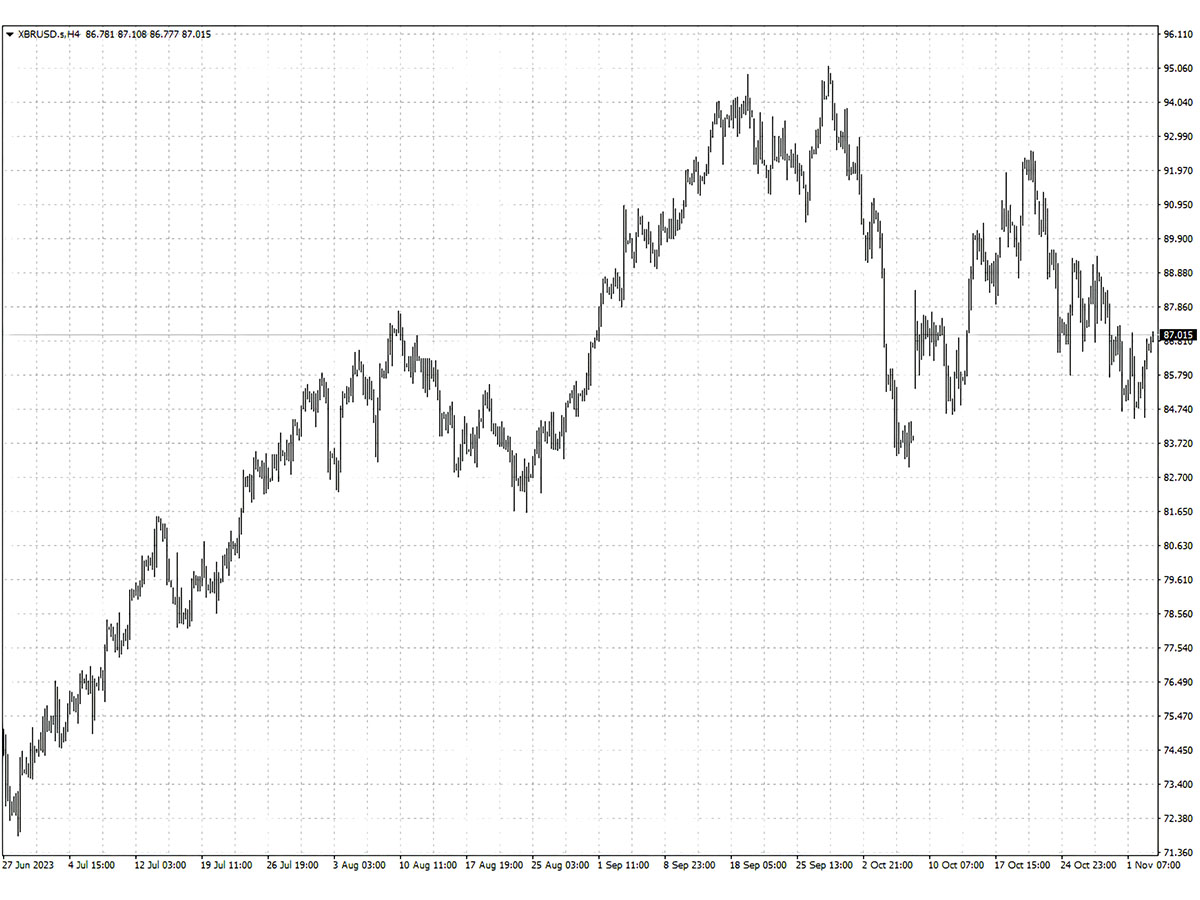
The UK has faced with a worse situation with evident signs of stagflation.
The CPI rate was 6.7% in the year to September, unchanged from August, due to
rising fuel costs.
Its headline inflation is expected to remain higher this year and next than
in many of the country’s biggest trading partners including the US and the
eurozone.
The country has been relying more heavily on natural gas for heating and
electricity generation than its European neighbours over the last few decades,
which is evident in its existing energy crisis.
So British are more susceptible to another bout of energy inflation as
Russia-Ukraine war is rumbling on and Iran is ferociously threatening Israel to
stop retaliation against Hamas.
Not only this, but trade barriers and impeding labour flows stemming from the
Brexit have gunged up supply chains between the UK and the Continent, raising
broad-based cost pressures.
Worse economy
The eurozone economy risks falling into recession later this year after
official data showed that output shrank slightly in the third quarter.
GDP across the 20 countries that use the euro fell 0.1% following a rise of
only 0.2% the previous quarter. The bloc’s manufacturing and services sectors
has also been on a downward trajectory.
BNP Chief Executive Officer Jean-Laurent Bonnafe said the European Central
Bank shouldn’t wait long to start easing monetary policy in order to protect the
euro-area economy.
The economy will “remain sluggish” whether or not the eurozone suffers a
technical recession, said Jack Allen-Reynolds, deputy chief eurozone economist
at Capital Economics.
Growth forecasts
|
2023 |
2024 |
2025 |
| UK |
0.50% |
0% |
0.25% |
| Eurozone |
0.70% |
1.00% |
1.50% |
Even so, the UK economic growth will fall further behind the eurozone next
year, according to a survey of economists by Bloomberg earlier this year. That
will do little to support PM Rishi Sunak’s bid to win the next election.
German’s stagnation and Italy’s fiscal challenge are particularly worrying
for the eurozone. The risk premium the Italian government pays over German bonds
dropped below 200 bps in Sep, the highest level in months.
On the other hand, the eurozone is well positioned to be benefiting from
increasing exports driven by demand in the world’s second largest economy.
China’s economy showed signs of emerging from a soft patch in the third
quarter. It is anticipated to make more policy moves to boost growth while
refraining from massive stimulus.
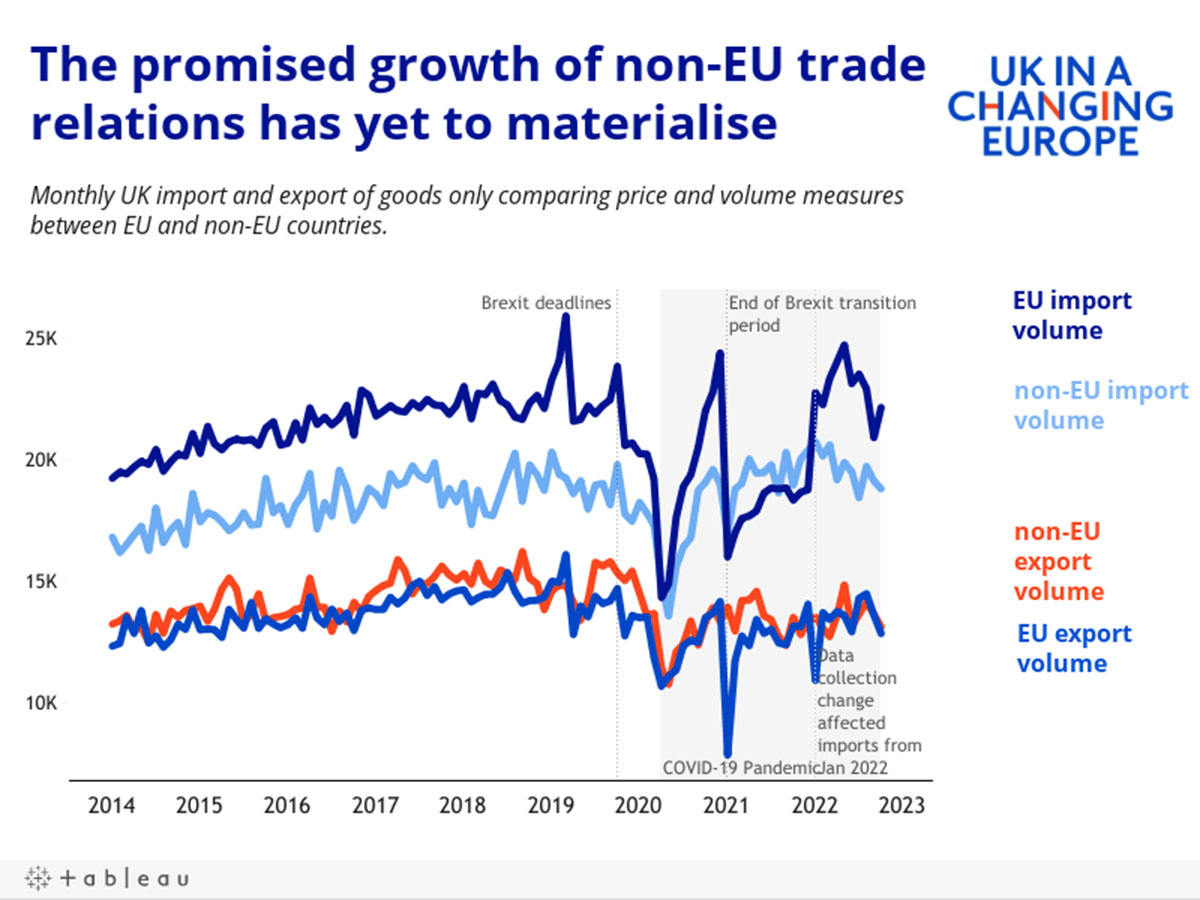
Meanwhile, a UK-US free trade deal in discussion will unlikely offset the
Brexit’s fallout. Corporate insolvencies in England and Wales climbed to their
highest level since the global financial crisis in the six months to
September.
A trickier task is lying ahead of the BOE to balance between price control
and economic stability. In this sense sterling may lose some ground against the
euro heading into 2024.
Disclaimer: This material is for general information purposes only and is not intended as (and should not be considered to be) financial, investment or other advice on which reliance should be placed. No opinion given in the material constitutes a recommendation by EBC or the author that any particular investment, security, transaction or investment strategy is suitable for any specific person.




